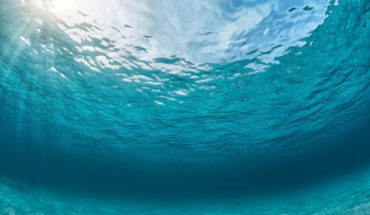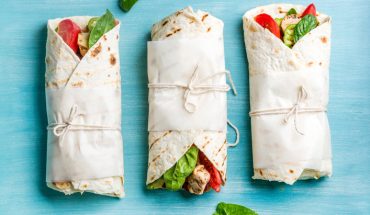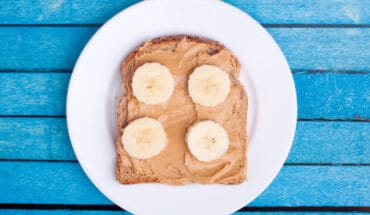Diets containing low levels of omega-3, long-chain essential fatty acids which are essential for general brain health, may be connected to poor reading skills, poor concentration and even mental health problems like depression.
“The long-chain omega-3s, called docosahexaenoic acid (DHA) and eicosapentanoic acid (EPA) are absolutely crucial to brain structure and function. Around 60 per cent of the human brain is fat, and it matters what kind. DHA is the key omega-3 found in brain cells, but the body cannot make enough itself, so this has to be obtained through diet,” explains Dr Alex Richardson, an omega-3 scientist based at the University of Oxford. We know that people in the western world do not get enough omega-3 in their diets and children rarely eat fish and seafood – the main dietary sources of EPA and DHA. Unfortunately, this is a problem which is being overlooked.”
The European Recommended Daily Allowance of EPA/DHA is 250 mg and adults in the UK eat around 150g each day.
One solution could be turning to the plant kingdom. A shorter chain omega-3 known as alpha linolenic acid (ALA) can be obtained from vegetable sources, but humans can only convert a tiny amount into useable DHA.
Algae-derived DHA/EPA omega-3 supplements exist already which don’t rely on children eating fish. “It’s cutting out the middle man. Fish get the DHA/EPA from algae in the sea. This way, we can get all the long-chain omega-3 we need directly by growing algae in tanks, without relying on an unsustainable resource,” says Dr Richardson. “This technique is eminently scalable, and it’s available right now.”
A study by Dr Richardson’s team found that UK children were seriously deficient in long chain omega-3, and those with the lowest levels had the most difficulty with reading, concentrating and learning. But children who received supplements of DHA did fare better when it came to reading, even if they had struggled before.
Supplements are a good alternative and can help make up the deficiency.
Fish oil supplements: These are the most popular type of omega-3 supplements. These days, they are less likely to contain cod liver oil and more likely to contain the oil of sustainably caught South American anchovies or sardines. Omega-3 from fish oils is attached to triglycerides that need to be broken down before the body can use it. There are also concerns that fish oil may contain traces of PCBs and mercury, but there are strict EU guidelines on this if you stick to reputable suppliers. The amounts of DHA/EPA in fish oil supplements vary – so check labels carefully. Higher concentrations not only mean fewer capsules are needed, but they are usually higher quality too.
Krill oil supplements: These are becoming more popular because the omega-3 is carried on phospholipids, so may be more rapidly absorbed. However, Dr Richardson points out that in practice any difference between triglyceride-carried omega-3 and phospholipid-carried omega-3 is unlikely to be significant – and krill oil contains much less DHA/EPA than fish oil per unit volume, so more capsules are needed to get the same dose. And environmentalists are worried that harvesting millions of tonnes of krill, the basis of the oceanic eco-system, is going to have a disastrous effect on the entire marine food chain.
Fish roe (caviar) supplements: This omega-3 supplement is also in the phospholipid form, but has the advantage of being harvested from existing commercial herring fisheries as a by-product. The roe is stripped away from the fish in a patented process. The product is being marketed in the UK under the name of Marine Omega-3 Phospholipids or MOPL. Studies show that there is about five times more DHA per unit volume in MOPL than in krill oil, so it is also a very concentrated form of the key ingredient.
- Shake-up of services needed to ease fibromyalgia pain - 9th December 2025
- Continuous glucose monitoring reduces risk of excessive birth weight - 9th December 2025
- Significant mental health benefits of adult-worn slings - 9th December 2025







